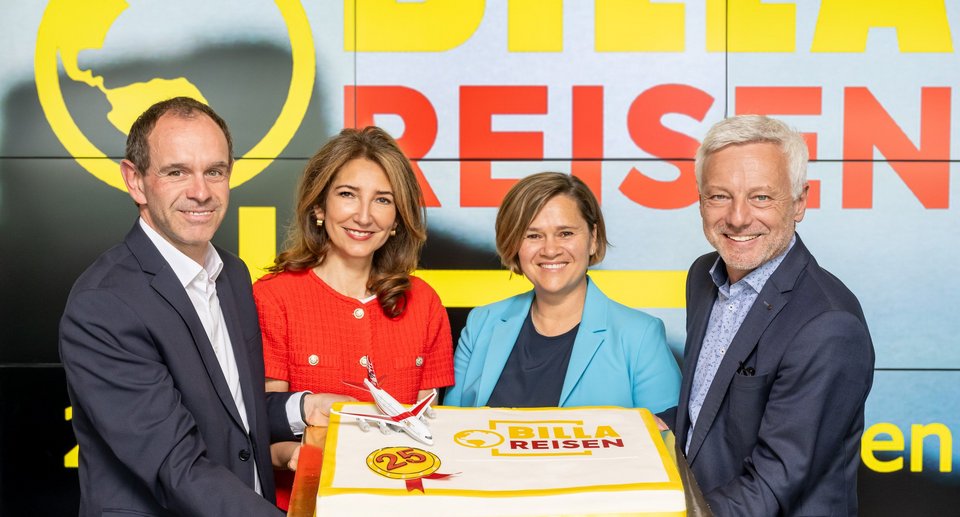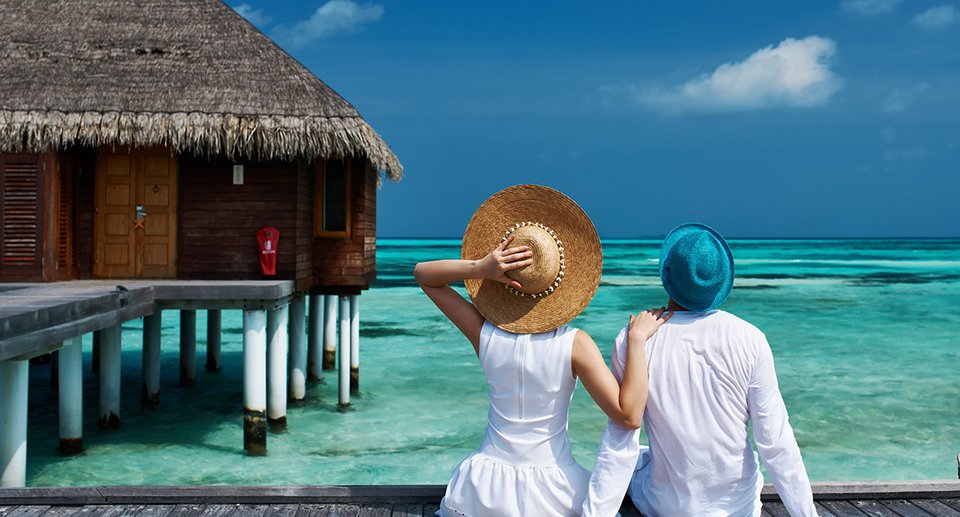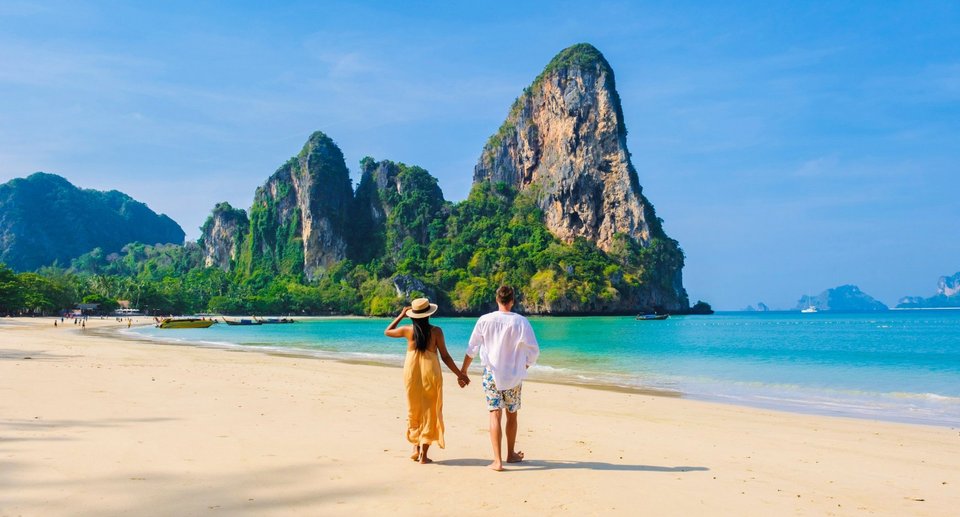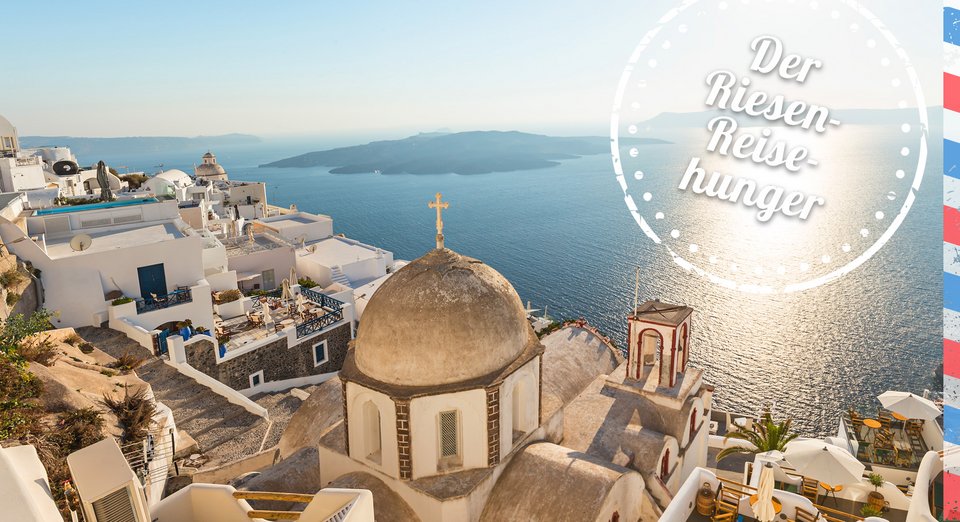
After two years of pandemic-induced restraint, consumers' desire to travel is almost unbroken again. Bookings are at pre-crisis levels. Even the war in Ukraine does not seem to have had any noticeable impact on this yet. one spoke to Dr Ingo Burmester, CEO of DER Travel and Tourism Central Europe, about rising travel prices, the learning effects of a pandemic, the challenges of the future - and about his favourite (holiday) spots on earth.
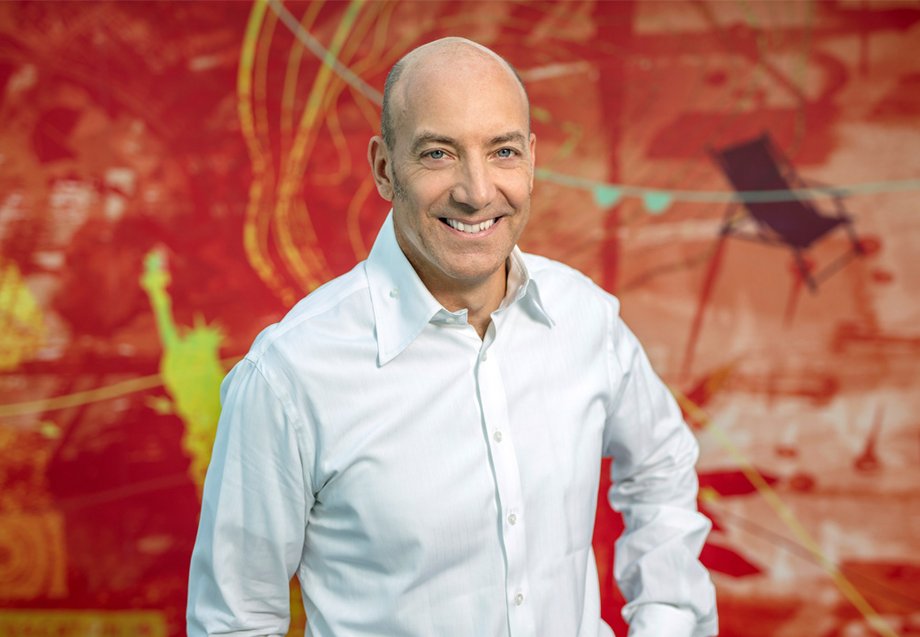 Ingo Burmester, CEO DER Travel and Tourism
one: Mr Burmester, terrorist attacks, tsunamis, plane crashes: the tourism industry is now truly crisis-tested - and crisis-tested. What was different during the pandemic?
Ingo Burmester, CEO DER Travel and Tourism
one: Mr Burmester, terrorist attacks, tsunamis, plane crashes: the tourism industry is now truly crisis-tested - and crisis-tested. What was different during the pandemic?
Ingo Burmester: As an industry, we were indeed very crisis-tested - even before the pandemic. Corona has nevertheless changed everything, as we were in crisis mode for over two years. The duration and intensity of this crisis has affected us - and the entire industry - to an unprecedented degree.
At the beginning of the crisis, we implemented the largest repatriation programme in the company's history and brought 44,000 package holiday guests home. And until the very end, we had hardly any planning capability and had to react with maximum flexibility every week. The constant change from closing and opening destinations was a stress test for all of us.
one: How were you able to manage mammoth tasks such as the retrieval operation so quickly in the organisation?
Ingo Burmester: Our established crisis management system really paid off during this time. Our colleagues worked around the clock - in close coordination with the authorities and with a direct line to the central functions of the organisations. Our permanent crisis team was in place very early on, decision-makers were closely involved and information was shared quickly within the organisation. The entire management team was involved and responsibilities and processes were expanded. A product manager, for example, who is responsible for purchasing in normal times, was now responsible for the return transport of all travellers from their destination.
Above all, this crisis was an example of exceptionally strong teamwork and close cohesion. I would like to take this opportunity to thank you once again for this. And I am very pleased that we are currently experiencing such strong demand. The appetite for travelling is back and huge. That feels enormously good after this long dry spell.
one: Will corona have a long-term impact on tourism? In plain language: will people's travel behaviour change permanently?
Ingo Burmester: The desire to go on holiday is greater than ever. This is shown by the current travel boom. And people are also tending to book higher-quality holidays - expenditure per trip has risen by around 20 per cent. After a long period of doing without, people want to treat themselves to something. The pandemic has shown us all how important relaxation through holidays is. As a result, holidays will certainly become more important for our lifestyle and the willingness to spend will tend to increase. Although we will have to wait and see how inflation affects this trend in the long term.
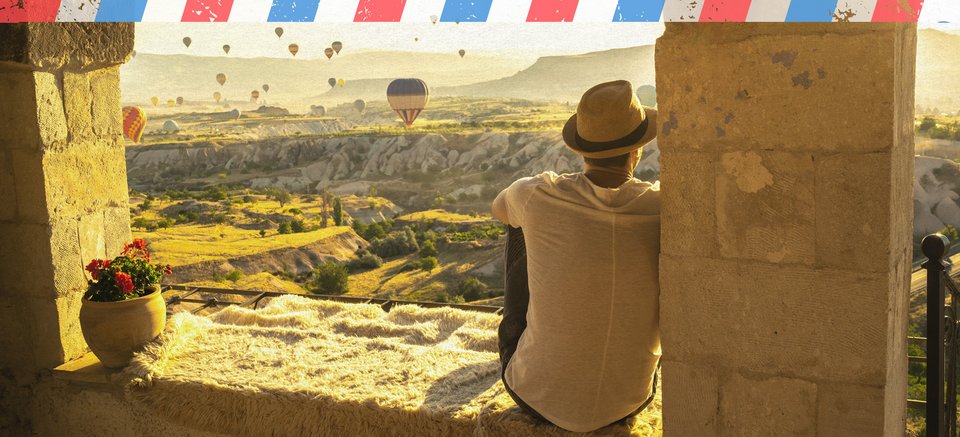

one: Do travellers dare to book longer-term trips again?
Ingo Burmester: During the crisis, the need for security and flexibility has of course grown enormously. We have responded to this with offers that can be cancelled at very short notice. I assume that this trend will continue for quite some time. In the current phase, we are seeing that bookings are still being made at much shorter notice than before. Flexible offers with generous cancellation options are therefore still very important for travellers. And after their experiences during the pandemic, holidaymakers certainly appreciate the service and security of tour operator travel. In my view, we have clearly scored well here.
However, expectations that our services can also be accessed digitally have also grown during the pandemic. And we are seeing strong online growth: our online bookings have increased by ten per cent. We will therefore be expanding our digital customer services and linking them even more closely with travel agency sales. This is immensely important and our focus in the coming months.
one: What changes have there been on the travel agent side?
Ingo Burmester: Of course there have been changes in the market in the sense that many smaller providers have not survived the crisis. As a result, the offer has continued to focus on the big players in the market. After the Thomas Cook insolvency in 2019, the question was how the market shares would be distributed. I think that after two years of the pandemic, we are now entering the phase in which this will be decided. This means that competition is fierce and market shares are closely contested - especially in the short and medium-haul segment. We have therefore switched from crisis mode to attack mode. We are continuing at full speed in order to grow in the market.
one: And how are the offers for travellers changing?
Ingo Burmester: On the supply side, we are seeing that trends such as individualised and high-quality travel are resonating in the market and offers in these areas are being expanded. We have done very good groundwork in many areas during the pandemic, so we are starting from a strong position.
We are among the absolute top tour operators on the market in many highly sought-after destinations, such as the Maldives, the Dominican Republic, Dubai and even Turkey and the Balearic Islands - the most sought-after destinations in summer 2022. We have also expanded our hotel portfolio during the pandemic and recently took over an absolute premium brand in Aldiana, which we will continue to expand.
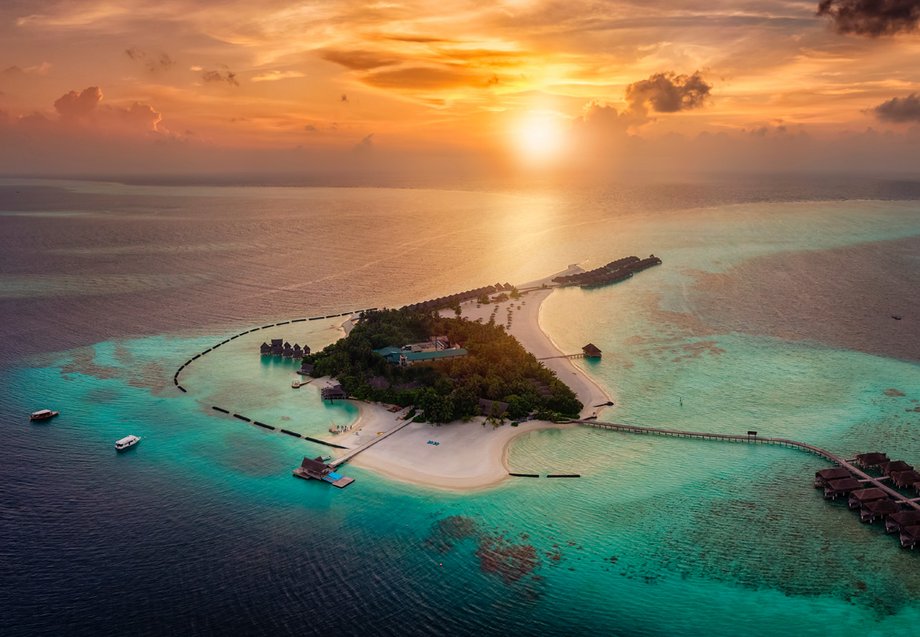 DER Travel and Tourism is one of the top organisers on the market in many popular destinations, such as the Maldives © Getty Images/ SHansche
DER Travel and Tourism is one of the top organisers on the market in many popular destinations, such as the Maldives © Getty Images/ SHansche
At the same time, the topic of sustainable travel is becoming increasingly important and in greater demand among travellers. Political pressure in this area is also growing. This means that the entire industry is facing the next big challenge. I am therefore pleased that we are also strongly positioned in this area and have been working intensively on this topic for a long time.
one: What do sustainable travel offers at DER Travel and Tourism look like in concrete terms?
Ingo Burmester: At the end of March this year, the third edition of the Dertour magalogue "Conscious Travel" was published. It contains sustainably certified hotels and experiences for responsible tourism. Twelve offers from it - including in Mallorca, Bulgaria, Turkey and Greece - can be combined with CO2-neutral Lufthansa flights, which we have also been offering since March 2022.
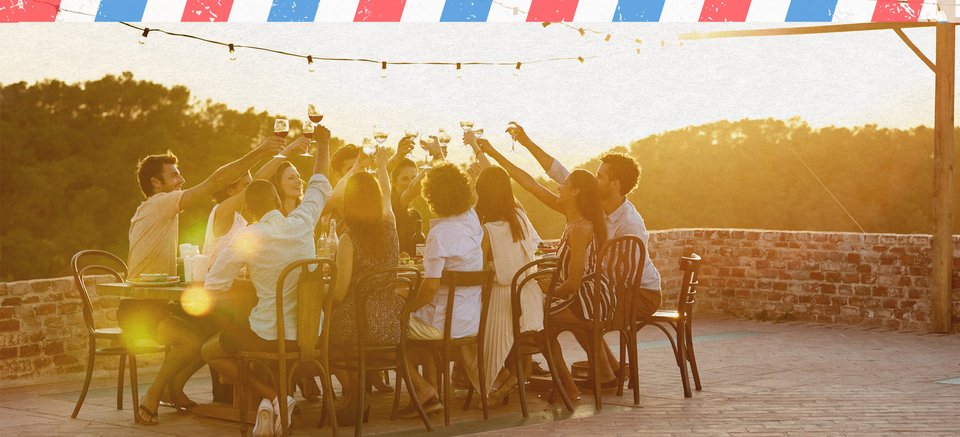

one: What exactly is meant by CO2-neutral flights?
Ingo Burmester: Travellers can save part of the CO2 emissions of their flight by using sustainable aviation fuels made from biogenic residues such as used cooking oil. The other part of the CO2 emissions is offset by investing in certified climate protection projects in cooperation with the non-profit climate protection organisation myclimate, which binds the CO2 over a period of ten years.
one: All in all, what have you and DER Travel and Tourism learnt from corona?
Ingo Burmester : We have learnt how important resilience is. As a company, we need to be crisis-proof and be able to react flexibly. We have to maintain and expand the high level of flexibility that we developed during the crisis. I see this as a strength that we have gained. And we have seen that investing in security pays off: It was only thanks to our existing, highly professional crisis management that we were able to react so quickly and make so many guests feel safe.
one: So the pandemic also had something good?
Ingo Burmester: Today, I can also say that the pandemic was and is an empowering experience. Because we have learnt how strong we are as a team. That may sound trite - but when you look back now, you realise what we achieved together. Everyone who works in Travel and Tourism has certainly had some very dark moments in recent years. But we made it. We got out of it. In a tremendous joint effort, we overcame this phase and can now look to the future.
That makes me proud of this team effort and of every single colleague who made it possible - even through personally stressful cuts such as short-time working. And this was certainly only possible with the strong backing of REWE Group, which stood by us during this difficult time. I would also like to express my gratitude for this.

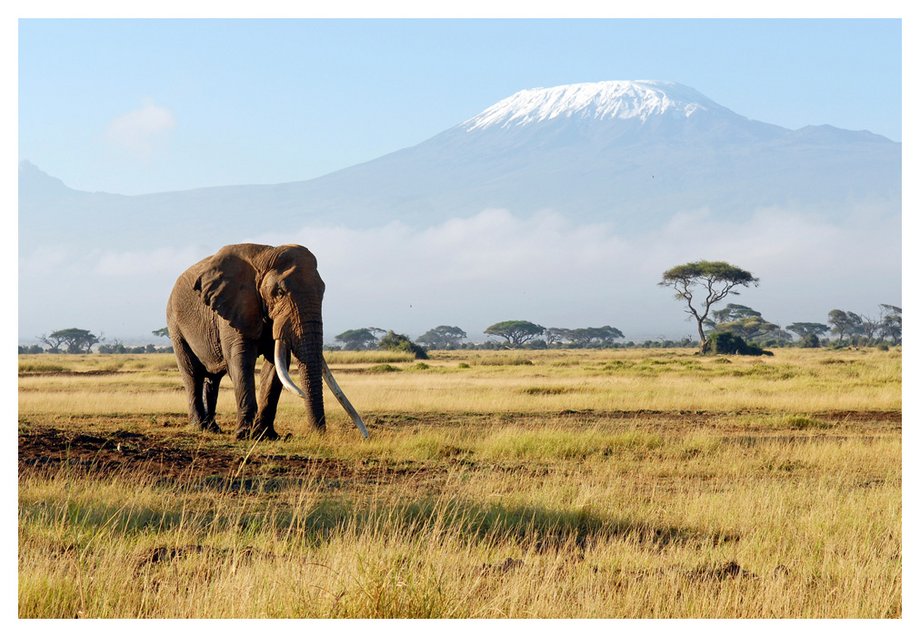 © Getty Images/ oversnap
one: When you do take a break and go on holiday, what is your favourite holiday destination - and which destination would you definitely like to visit?
© Getty Images/ oversnap
one: When you do take a break and go on holiday, what is your favourite holiday destination - and which destination would you definitely like to visit?
Ingo Burmester: I love to soak up the sun and relax on the Greek island of Kos and on Mallorca. But South Africa is currently at the top of my list of favourite holiday destinations - I really must go there soon.
one: Was there also a personal realisation that you didn't have before?
Ingo Burmester: Personally, what I have learnt from the crisis is how important social interaction with other people is. The isolation during the pandemic has left deep scars on many people and made us realise this: We need to interact and meet others.
It has also shown me once again how important travelling is for our quality of life. Enabling people to relax is something that gives our work real meaning. I've only really realised that now. Right now I realise what it means for young and old to finally be able to go on holiday again. That's great and motivates me enormously right now - and I hope many of my colleagues as well.
one: Are you prepared for the new travel boom, is there enough capacity in the destinations? Or is it already getting tight somewhere for summer and autumn?
Ingo Burmester : We have prepared intensively for the summer and expected a large backlog. For example, we used the time of the pandemic to expand our offering in trendy destinations and extend our range of hotels that we distribute exclusively.
In terms of incoming bookings, we are even above pre-crisis levels in some cases. However, I recommend booking holidays in good time, especially in view of the high pent-up demand. Anyone who has not yet planned anything for the summer should really hurry. Destinations such as Greece, Turkey and the Balearic Islands are currently in particularly high demand.
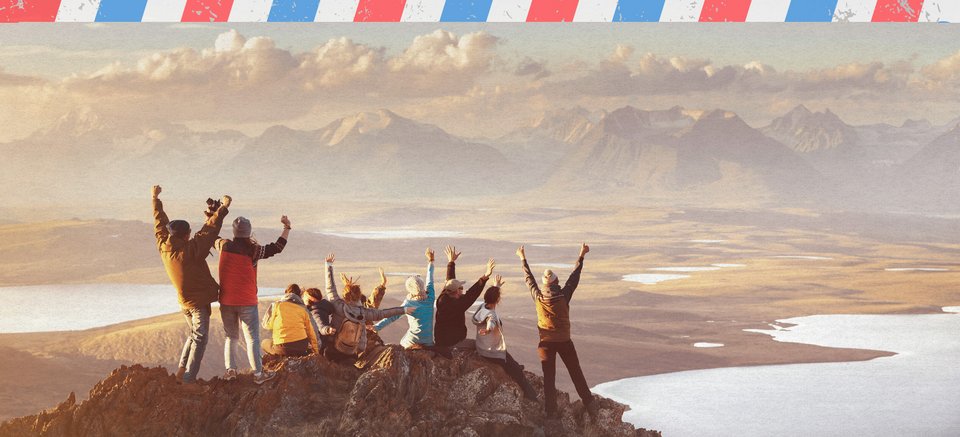

one: Prices are rising at the same time as the increased desire to travel. Like almost everywhere in the economy, Travel and Tourism is also affected by the consequences of the war in Ukraine, such as significantly higher petrol costs. Is this having an impact on customers' booking behaviour?
Ingo Burmester: In tourism, rising paraffin prices are the main issue. However, we are not currently noticing any impact on booking behaviour - but we must of course continue to monitor developments. At the moment, the appetite for travelling and the desire for relaxation is simply huge. Everyone needs a break and a holiday to take a deep breath. That's why we're not cutting back on this for the time being.
one: As CEO of DERTOUR Group Central Europe, you manage the largest division of DER Travel and Tourism Group with the entire sales and tour operator business in Germany, Austria and Switzerland - for example with the brands Dertour, ITS, Kuoni and Helvetic Tours. There are also specialists, travel agency sales with Dertour Reisebüro and REWE Austria Travel and Tourism. What are the big issues in your area in 2022 and 2023?
Ingo Burmester: We will focus even more radically on our customers and develop offers that are customised to their needs. We will also continue to develop our service and provide customers with even better support: For us, this means dovetailing personal advice in our travel agencies and digital service offerings even more closely. Digitalisation will be the central topic for us in the next two years - and I am very pleased to be initiating many exciting changes in this area. Over the past few months, we have been working very hard to drive forward innovations in this area. Working on these projects has inspired me and motivates me to emerge from the crisis with momentum.
one: Sounds like a lot of work to do now..
Ingo Burmester: Definitely. In a recent company portrait about DER Travel and Tourism, an editor ran the headline: Don't rest now! What she meant was that now that we have survived the crisis better than many of our competitors, we absolutely have to keep going in order to expand our position. And that's exactly where we are now - the crisis has been overcome for the time being, but our goals are ambitious and we are moving forward at a fast pace.
Dr Burmester, thank you for talking to us.

